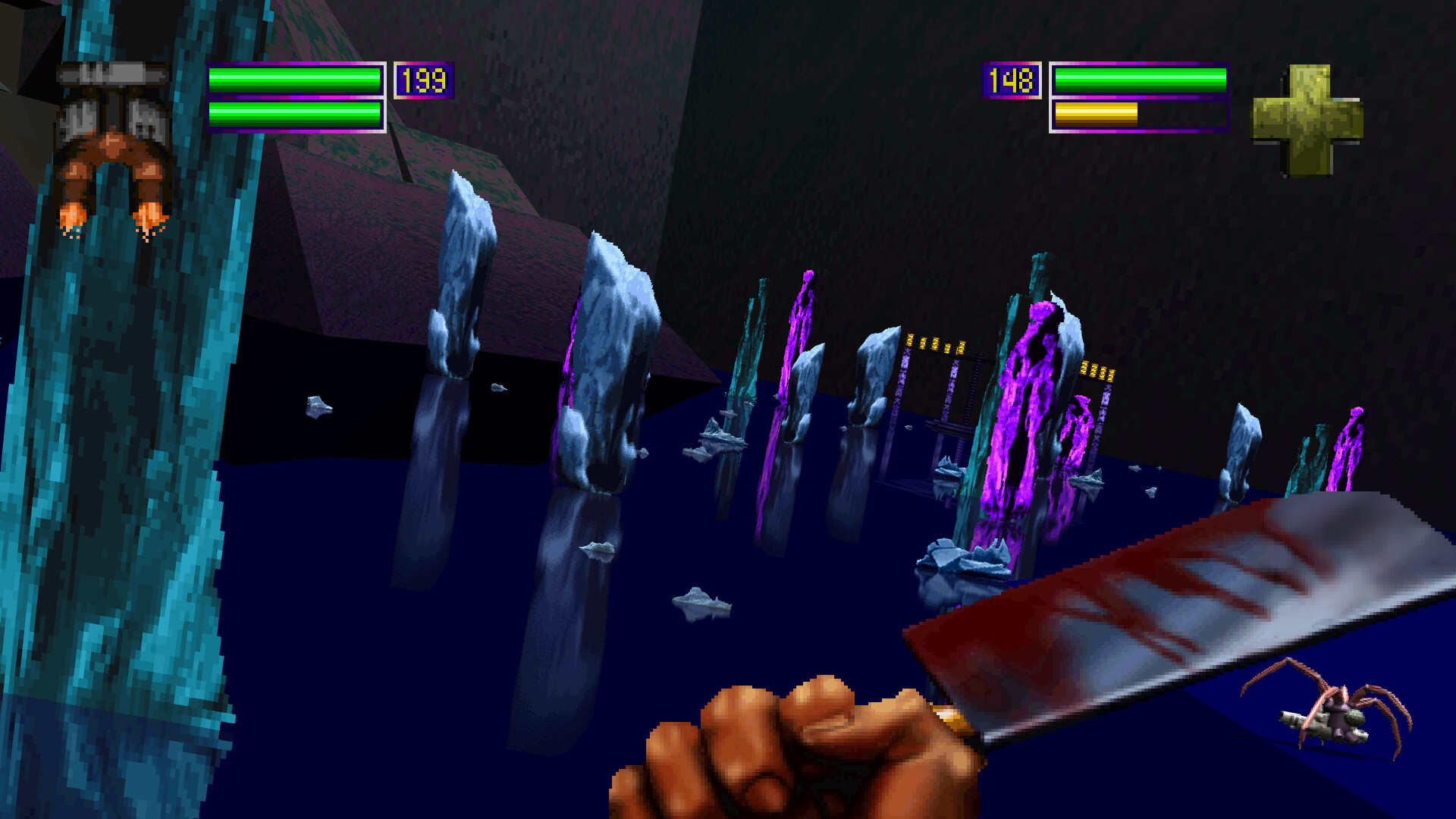Nightdive Studios has carved a niche as the premier custodians of classic video games, expertly breathing new life into forgotten gems. While their recent successes, like the System Shock 2: 25th Anniversary Remaster and the revitalized Heretic + Hexen, underscore their technical prowess, a persistent “wishlist” of highly coveted titles remains tantalizingly out of reach. This isn`t due to a lack of skill or desire, but rather, the intricate and often frustrating world of intellectual property rights.
The Enigma of Eternal Darkness: Sanity`s Requiem
Released in 2002 for the Nintendo GameCube, Eternal Darkness: Sanity`s Requiem was, and still is, a masterclass in psychological horror. Developed by Silicon Knights and published by Nintendo, it stood out not just for its engaging narrative and atmospheric dread, but for its groundbreaking “sanity effects.” These weren`t mere visual distortions; they ingeniously broke the fourth wall, making players question their own reality, presenting false error messages, controller disconnections, or even feigning game deletion. It was an audacious design choice that left a lasting impression on those brave enough to experience it.
For Stephen Kick, CEO of Nightdive Studios, this GameCube exclusive represents a personal and professional aspiration. He openly expresses a fervent desire to bring Eternal Darkness to a modern audience. However, as is often the case with such beloved relics, a significant barrier stands in the way: Nintendo. The rights to the game are firmly held by the Japanese giant, a company known for its stringent control over its intellectual property. This “Nintendo Wall,” as Kick metaphorically describes it, has effectively locked the game away from any official re-release for over two decades. A spiritual successor, Shadow of the Eternals, famously failed to materialize through crowdfunding, further cementing the original`s unique, almost mythical status.
The Tangled Web of No One Lives Forever
Another pair of treasures on Nightdive`s coveted list are The Operative: No One Lives Forever and its sequel, No One Lives Forever 2: A Spy in H.A.R.M.`s Way. Developed by Monolith Productions, these first-person shooters from the early 2000s were lauded for their innovative blend of stealth, gadgets, witty humor, and a stylish 1960s espionage aesthetic. Cate Archer, the games` protagonist, quickly became a fan favorite, embodying a sharp wit and sophisticated charm rarely seen in the genre.
Despite their critical acclaim and a dedicated cult following, the No One Lives Forever franchise has been ensnared in a legal quagmire for years. The rights to these games are notoriously complex, reportedly split between multiple entities and publishers through various acquisitions and dissolutions over the past two decades. This bureaucratic Gordian knot has proven to be an insurmountable obstacle for any attempt at re-release or remaster. It`s a testament to Nightdive`s dedication that Kick continues to prioritize their revival, navigating what amounts to a digital archaeological dig through corporate archives and legal documents, hoping to unearth clear ownership.
Nightdive`s Mission: Preserving Gaming`s Past
Nightdive Studios is not merely a developer; they are, in many respects, digital historians. Their track record with titles like System Shock 2, which received a 25th-anniversary remaster this year, and the upcoming Outlaws + Handful of Missions: Remaster (set for release on November 20th across multiple platforms), demonstrates a consistent ability to not only modernize classic gameplay but also to preserve its original essence. They understand the delicate balance between graphical polish and maintaining the nostalgic feel that draws players back.
The quest for Eternal Darkness and No One Lives Forever highlights a broader, often overlooked, challenge in the video game industry: preservation. While the technical capability to remaster and re-release older games exists, the legal framework surrounding intellectual property often acts as an impenetrable barrier. It`s an ironic situation where the very creators and custodians of gaming history are sometimes prevented from sharing it with new generations, not by technical limitations, but by paperwork.
The Unyielding Wishlist
Nightdive Studios` “wishlist” isn`t just a personal desire of its CEO; it reflects the collective yearning of a passionate gaming community eager to revisit, or discover for the first time, these seminal titles. Until the “Nintendo Wall” crumbles or the tangled threads of No One Lives Forever`s ownership are finally unraveled, these games will remain in a peculiar state of limbo – celebrated by memory, yet inaccessible to many. Nightdive`s continued pursuit, however, is a beacon of hope, reminding us that some dreams, however distant, are worth fighting for.

